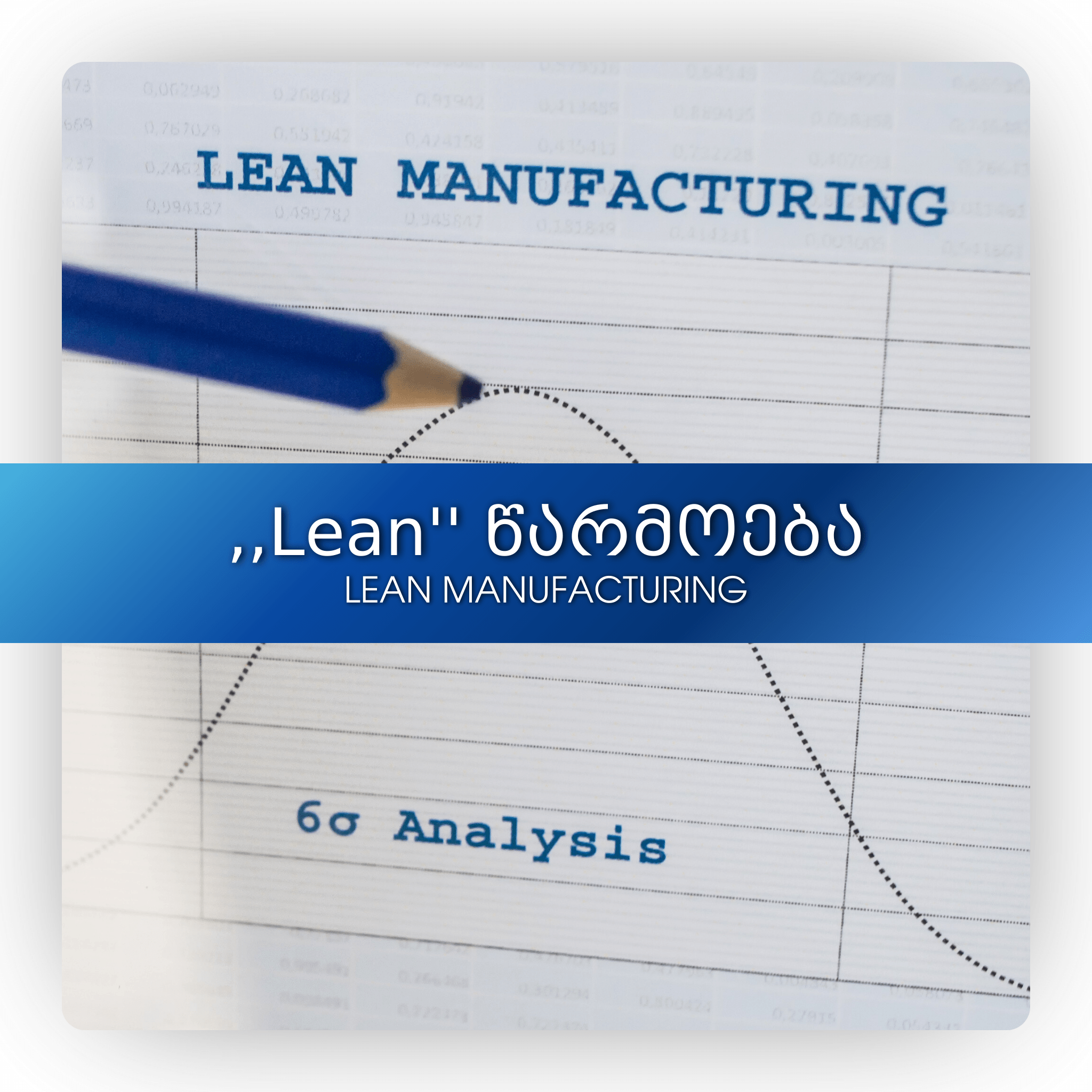Lean Manufacturing
Lean Manufacturing is an operational excellence strategy that enables us change for the better tomorrow. Another common definition that we hear normally is that Lean is all about elimination of waste. The days when we hold massive amounts of inventory in the stores and takes months to deliver a product a to consumer no longer exists now.
Until 30 years ago there were monopolies everywhere and large companies took most of the advantages with their existing cost and added best profit to set the selling price of the product . Now if the consumer wants to buy the product, they had to pay the such a huge price. Such companies nowadays rarely exist and are replace by immense competition in the market. Consumer nowadays are demanding more and more functions and aesthetic features, better quality of products, faster availability and world class after sales service.
“No Process can never be declared perfect, therefore there is always room for improvement.”
Lean concept is one of the best effective ways for manufacturing companies to become more productive, reduce their internal waste, and improve their process efficiency. The concepts of lean in minimizing waste have been implemented for almost sixty years in Japan. Although Lean manufacturing delivers significant results , it is not a quick fix program.
Lean manufacturing caught the attention of many manufacturing companies, so much so that lean implementation in the world is a common and the knowledge and experience base is expanding rapidly.
It’s not 100% necessary for you to change. Also it wouldn’t be entirely 100% true to say that Lean and Six Sigma will solve most of all of the world’s current problems or the recent global economic crisis but it has made it crystal clear that organizations must be willing to change and improve if they hope to prosper and in some cases.
Lean Manufacturing helps in removing Non Value added activities which constitutes to 95%.Another common definition is that Lean is all about elimination of waste. All the manufacturing process are classified as either Value added or Non value added.
Value added (which accounts for 5%) are those for which consumer is willing to pay which will convert Raw material in to final finish good while non value added (which accounts for 95%) are those which are mostly necessary, take majority of time and resources but in return will not add any value to the final product.. E.g. Moving material from one place to another. storage of raw material or in process material, incoming or In-process or final inspection etc.
Typical wastes found in manufacturing environment are quite similar though products may differ in each factory. According to some estimate a much as 95% of activities do not add overall value to the final product and can be eliminated. Implementing Lean manufacturing involves streamlining the non- value added processes as much as possible.
How Toyota changed the Way we make things
Toyota is known for making the world’s best cars. It does it so well it became the first company to make more than 15 million cars per year. Its success is deeply rooted in a system which is now known as ‘Lean Manufacturing’.
After the second World War, Japan was in deep economic crisis .Toyota was able to eliminate 8 deadly waste in Ford’s system, making smaller numbers of parts to be used in production and that too when it needed, allowing the company to operate on a very tight budget. Ohno created Kanban system which is a sign-based scheduling system.
Both Taiichi Ohno and Kiichiro Toyoda found that World’s top car companies were still employing early production techniques. They were operating at full scale in order to make maximize efficiencies of scale. Ohno believed this won’t encourage workforces, or machines, to stop making the mistake. So he kept one cord at every station which any worker can pull to stop if they find any problem. Team will then work on defining issue and make sure to prevent it from happening again in future.
How Lean Manufacturing differs from Traditional manufacturing ?
Customers today are demanding better quality of product, faster delivery, and lower costs like never before. And finally, the traditional methods of operating our companies simply don’t work anymore. The days of holding massive amounts of inventory and taking months to deliver a product a consumer wants in days are long gone.
Lean manufacturing has come up as one the best alternative to traditional mass production.
Lean generally follows five principles of Lean which are listed as below :
– Define specific value in the eyes of the customer. Identify this from customer’s view point.
– Identify the value stream Mapping and create map of what is value added and what is non value add.
– Create and Improve flow efficiently at the pull of the customer.
– Involve team members and then empower your employees.
– Meticulously use data for decision making purpose.
